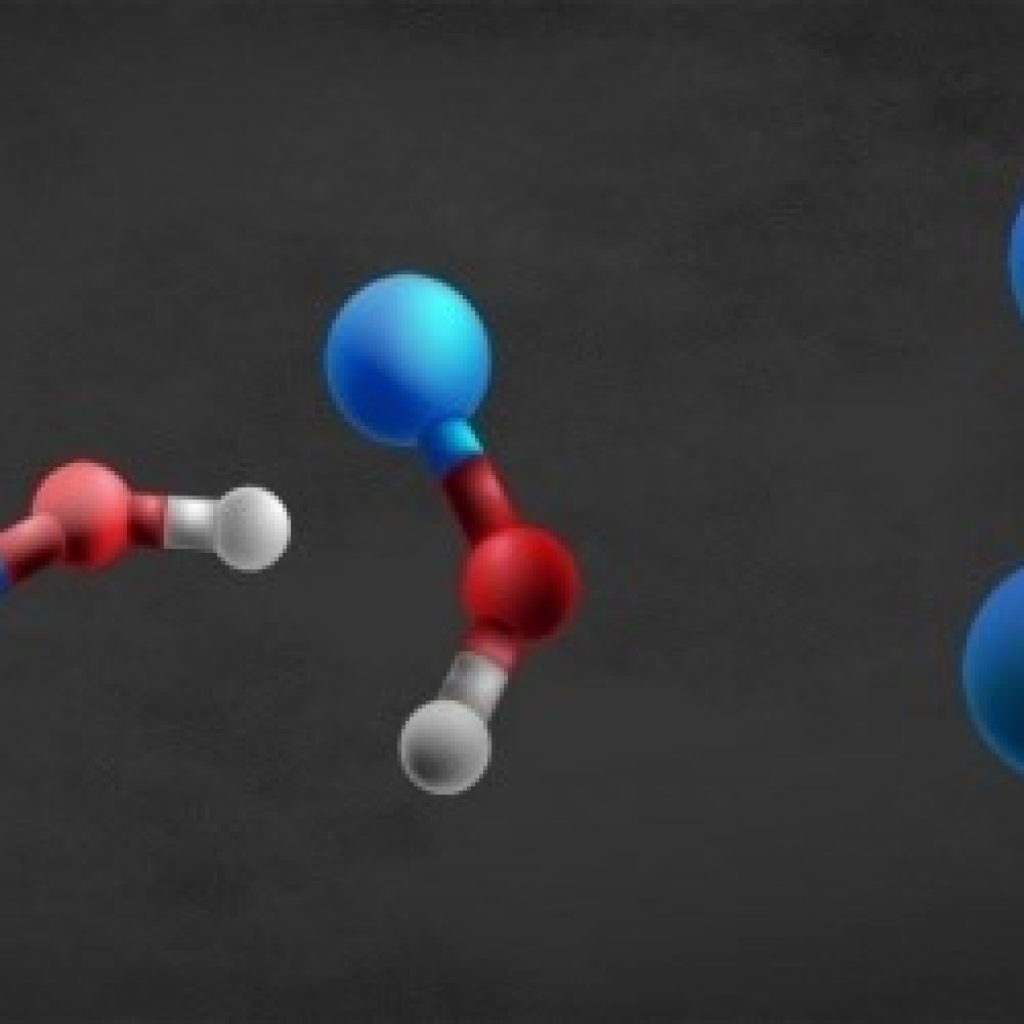(SciTechDaily) In a new theoretical study, Caltech physicists have shown how molecules can, in theory, be used to reduce errors in quantum computing. This strategy would involve placing a rotating molecule in “superposition,” which means that it would exist in multiple orientations at once.
“In the quantum world, we have several blueprints on the table and we are simultaneously improving all of them,” says lead author Victor Albert, the Lee A. DuBridge Postdoctoral Scholar in Theoretical Physics. “People have been thinking about using molecules to encode information since 2001, but now we are showing how molecules, which are more complex than atoms, could lead to fewer errors in quantum computing.”
“In classical computing, you have to worry about the bits flipping, in which a ‘1’ bit goes to a ‘0’ or vice versa, which causes errors,” says Albert. “This is like flipping a coin, and it is hard to do. But in quantum computing, the information is stored in fragile superpositions, and even the quantum equivalent of a gust of wind can lead to errors.”
However, if a quantum computer platform uses qubits made of molecules, the researchers say, these types of errors are more likely to be prevented than in other quantum platforms.
A Molecular Approach to Quantum Computing Leads to Fewer Errors
